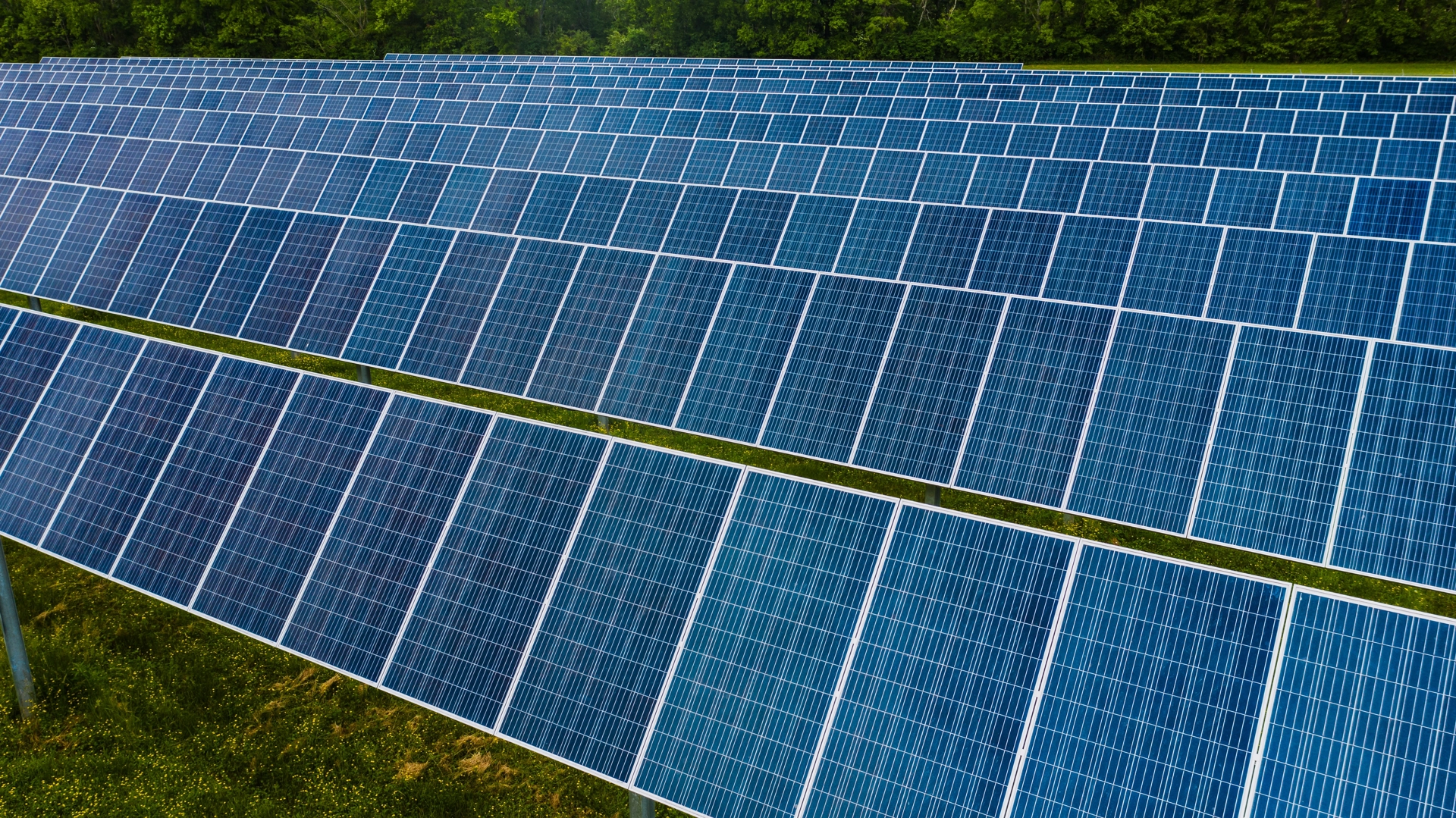
Source: Investment Reports
Broadly speaking, we are pursuing diversification in terms of both technologies and locations. We have already begun our journey in Hungary, and we are now pursuing opportunities in solar (primarily utility scale) and onshore wind in other European countries. Both technologies are now mature, and the goal is to strike a balance between the two.
As for storage, solar has a more reliable forecast, and wind is less predictable, making storage more difficult, but still possible. Hydro power plants and pump storage are also on the agenda; based on our experience in Switzerland, they are one of the most efficient ways of storing. Besides we also bring hydrogen into play, in fact we recently secured a partnership to invest in hydrogen production.
You have also recently expanded into Italy and Spain; what prompted this decision?
We want to build a pan-European renewables portfolio, so we have been looking for good markets to enter. Our strategy was to choose markets that we were familiar with, which was the case with both Italy and Spain. Furthermore, we wanted to secure sites with high production potential and higher power prices, as that has historically been the case in Italy. Spain does not offer the same price advantage, but we were able to find an excellent location there, and they are making significant progress in connecting the Iberian market to the rest of the continent.
Power Purchase Agreements (PPAs) are becoming increasingly popular in Europe. How important are they to your company?
Previously, we relied heavily on state subsidy solutions such as feed-in tariffs, contracts for difference, and so on, but now we have a merchant set up. Case by case, we analyze and decide whether it makes sense to set up a long-term PPA with an off-taker - de-risking a portion of our business in this way –, or if shorter agreements are better suited. We also work with utilities PPAs, which are very mature in some markets, as well as cross-border PPAs, which are becoming increasingly important across the continent. For this, we want to collaborate with corporations leading to new opportunities, such as providing dedicated power resources on the basis of that agreement.
How would you characterize Europe's appetite for PPAs?
There is a strong appetite across the continent, which is often led by large corporations with operations in multiple countries. They are looking for domestic production or nearby locations that can provide an appropriate setup as well as to enable the installation of new capacity, also known as ‘additionality’ to be counted for in their ESG (Environmental, Social and Governance) programs.
Energy prices have been rising, and many forecast a harsh winter for Europe. How do you see this playing out?
I do see a challenge as well. Take Switzerland as an example: we have enough production during the summer to even export, but the quantities decrease during the winter. To maintain balance, there are discussions about constructing several PV utility scale projects in the Alps. I anticipate that legislation will change to allow for faster development (though not as fast as we would like). Overall, there is a push to accelerate development and we want to catch this train.
To what extent do you feel supported by European policy?
In general, there is a lot of support and movement at the EU level. National governments must catch up; some countries are slower than others, but the overall trend is positive. Whatever regulatory risks are still in place, we want to avoid by pursuing the merchant strategy I was describing above.
Having said that, there are some concerning developments that could jeopardize some of our investments, such as the new taxes being currently discussed in several countries in case of excessive wind fall revenues. It introduces some challenges to operators and project developers and makes it more difficult for us to decide our next steps, including when it comes to selecting new countries to add to our portfolio.
Several of the companies we spoke with were particularly concerned with finding skilled workers. How are things going for MET Group in this regard?
This is a concern I share. We are always looking for skilled workers to help us grow, whether it is in project development, legal matters, or offtake agreements. We did find the people we needed, but given how competitive the field has become, it has been a real struggle at times.
Are you optimistic about what's to come, all things considered? Do you believe we will be able to achieve net-zero emissions by 2050?
I am an optimist, and I believe we will succeed. Renewable energy technology has matured and is ready for implementation, and new generations will undoubtedly follow.
Of course, this will not suffice; we must also remove CO2 from the atmosphere. Various companies are working on it, and it is still very expensive, but wind and solar faced similar challenges at first. I trust that we will get there.
